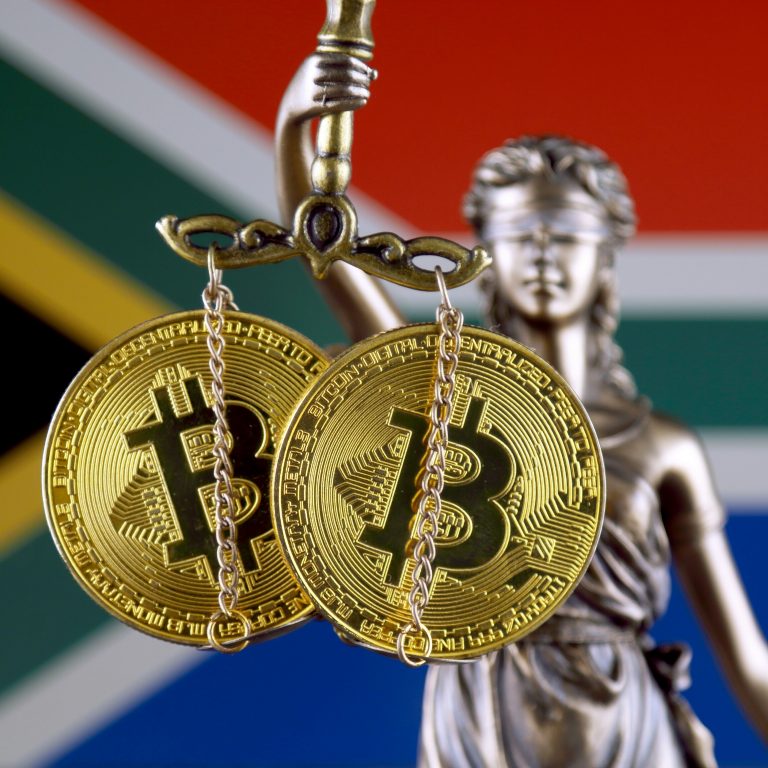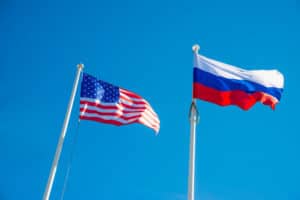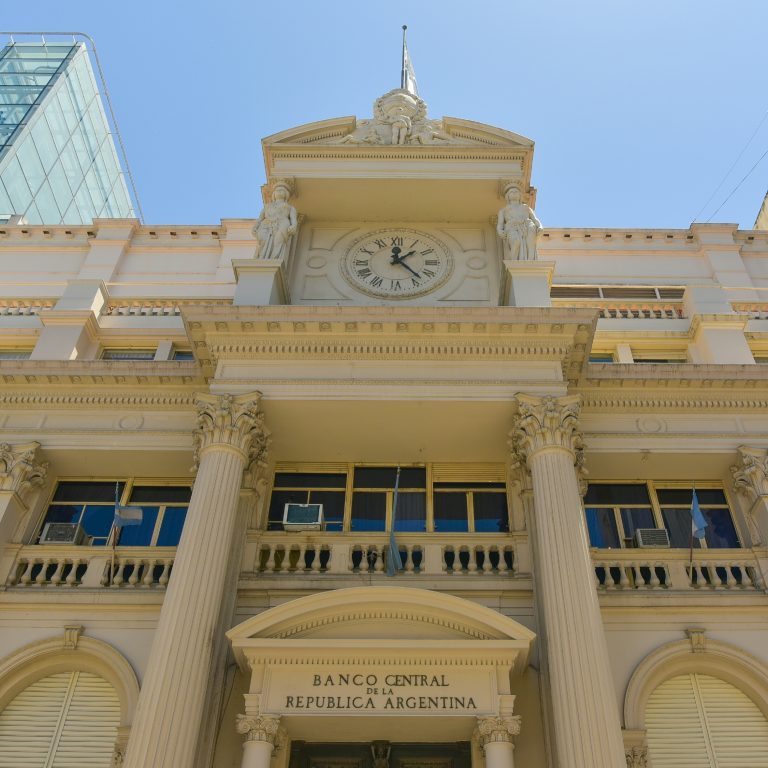2018-10-23 03:43 |
If anyone has watched the headlines today, and even in the last few months, it is clear that cryptocurrency is in need of regulation. Multiple countries are working to find ways that work within their own economies to somehow govern the decentralized digital assets.
However, the whole point of cryptocurrency in the first place was to make it easier to invest and spend money around the world. CEO Jeremy Allaire of Circle believes that the best solution would be for a global ruling.
“Ultimately there needs to be normalization at the G20 level of critical crypto-related regulatory matters,”
Allaire said during an interview in London with Reuters. He supports the idea that the bigger economies in the world should work together to regulate cryptocurrency, considering the increase in support from the industry to establish international rules.
On Friday, global watchdog for money laundering – Financial Action Task Force (FATF) decided that they would be setting up the first set of rules regarding criminal use, which should be available by June. This decision marks substantial progress towards establishing standards around the world for the cryptocurrency industry, helping with consumer support, changing prices, and security issues.
The only way that this entity would be able to offer the aforementioned protection is by forcing jurisdictions around the world to both license and regulate cryptocurrencies. This would mark them in a way that they can be tracked for terrorist activities and money laundering, according to FATF.
Even though Jeremy Allaire believes that these efforts are a good start, he thinks that the requirements should extend to private companies that use initial coin offerings. It should also cover the market manipulation that runs rampant, and the way that these companies verify the identity of their users.
Allaire said, “When it comes to token offerings, how should they be treated? Which token offerings are securities, which are not? The trading venues – are they like spot commodity markets that need to have rules in place around market manipulation?”
Regulators around the world have many different ways to creating rules regarding cryptocurrency. Japan, for instance, has decided to license exchanges to function within their borders, but China has taken a much more drastic approach, banning the exchanges all together.
In Europe as a whole, cryptocurrency is mostly unregulated, even though many countries are trying to do something about it. France and Switzerland are among the many that are working on their initial coin offering rules, while the financial watchdog in Britain is also examining that issue.
Right now, there are few cryptocurrency startups that are as well-funded as Circle is. The peer-to-peer network uses apps and blockchain technology to thrive, and it is one of the best performers in over-the-counter bitcoin trading.
Ultimately, the decision to globally regulate cryptocurrency as one entity could be a catalyst for major changes in this market and others. The whole point of crypto assets is to provide the public with a decentralized product that can be involved in trading, buying, and selling. The idea of regulating it individually, and even allowing different countries to create their own cryptocurrency, goes against the original concept.
However, using a global rule to handle it would take centralization out of the equation, so it could mean progress for the industry. However, if this concept ends up being a reality, how far away would traditional currency be away from doing the same thing, just to keep up with the demand of the world?
origin »Global Cryptocurrency (GCC) на Currencies.ru
|
|
















